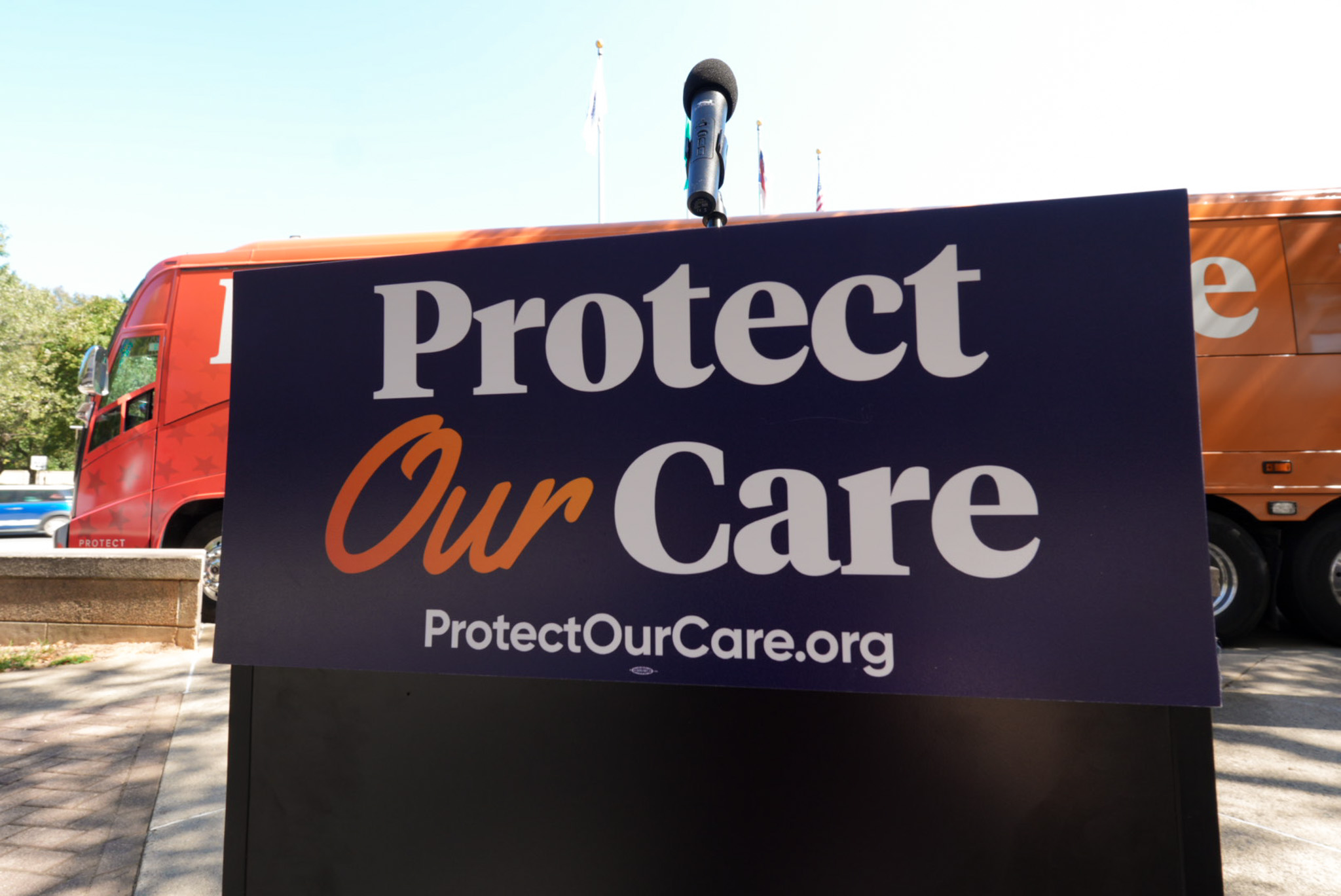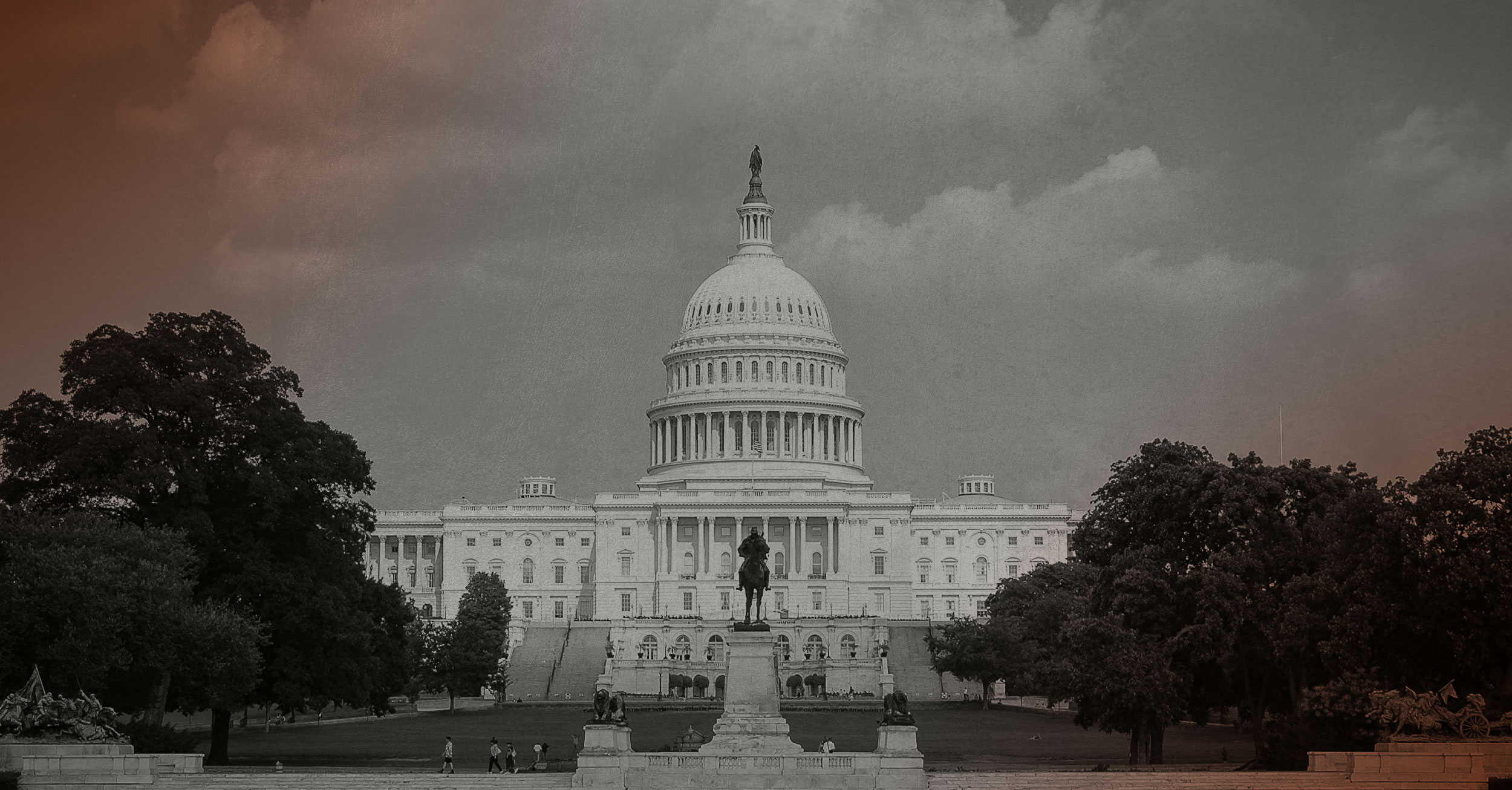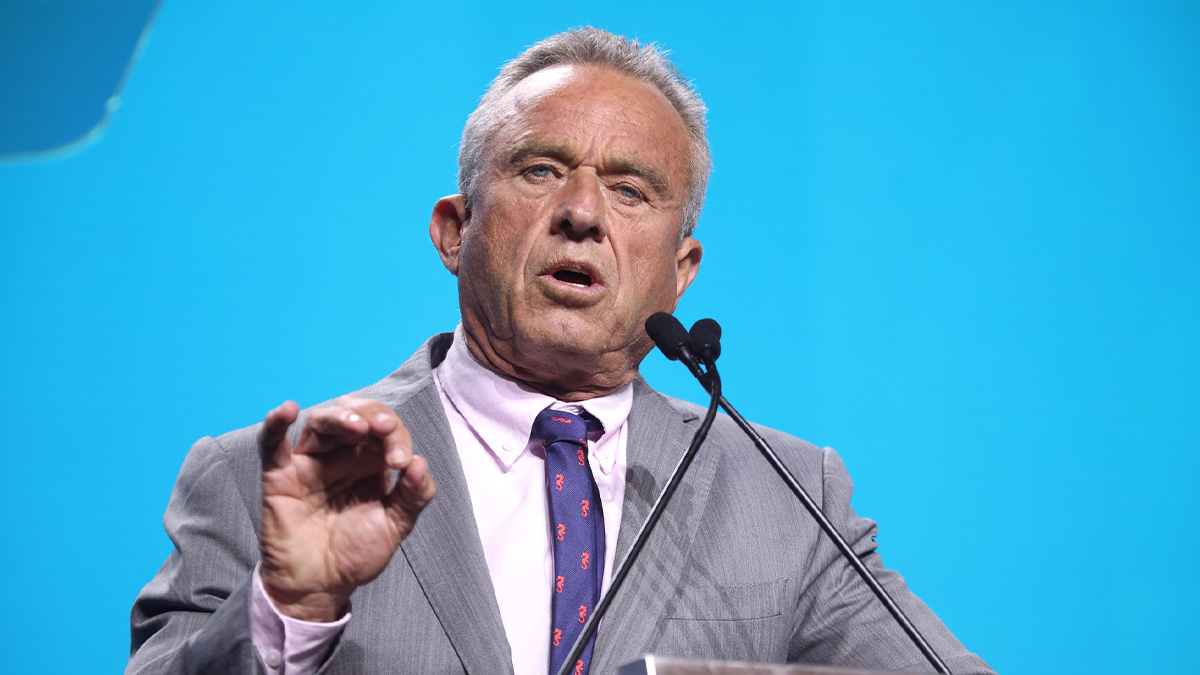
Washington, D.C. — In an interview with Time Magazine, Donald Trump confirmed he is open to working with RFK Jr. to end lifesaving vaccination programs for children. When asked if he would approve of RFK Jr.’s efforts to end childhood vaccination programs, Trump said he would be open to investigating a disproven conspiracy theory linking vaccines to autism: “We’re going to have a big discussion. The autism rate is at a level that nobody ever believed possible. If you look at things that are happening, there’s something causing it.” In response, Protect Our Care Executive Director Brad Woodhouse issued the following statement:
“These statements by Donald Trump prove just how dangerous Robert F Kennedy Jr. is to the American health care system. If RFK Jr. gets his way and stops or impedes childhood vaccination programs, it will lead to a resurgence of illnesses like polio and measles. People will die. The idea of ditching already settled science by ending childhood vaccinations is extremely disturbing and affirms that RFK Jr. should never be confirmed to any position related to our nation’s health care, especially Secretary of HHS.”
Reuters: Trump to Discuss Ending Childhood Vaccination Programs with RFK Jr.
By Tim Reid and Michael Erman // December 12, 2024
U.S. President-elect Donald Trump in an interview published on Thursday said he will be talking to Robert F. Kennedy Jr., his nominee to run the Department of Health and Human Services, about ending childhood vaccination programs.
When asked if he would sign off if Kennedy decided to end childhood vaccinations programs, Trump told Time magazine, “we’re going to have a big discussion. The autism rate is at a level that nobody ever believed possible. If you look at things that are happening, there’s something causing it.”
When asked if the discussion could result in his administration getting rid of some vaccinations, Trump said: “It could if I think it’s dangerous, if I think they are not beneficial, but I don’t think it’s going to be very controversial in the end.”
Asked in the Nov. 25 interview if he thinks childhood autism is linked to vaccines, Trump said: “No, I’m going to be listening to Bobby,” referring to Kennedy. Trump said he had a lot of respect for Kennedy and his views on vaccinations.
Kennedy, who opposed state and federal COVID-19 restrictions and was accused of spreading misinformation about the virus, has for years sown doubts over the safety and efficacy of vaccines, including asserting a debunked link between vaccines and autism.
Trump has suggested in the past that vaccines might be linked to autism. “I want to see the numbers,” he said. “At the end of the studies that we’re doing, and we’re going all out, we’re going to know what’s good and what’s not good.”
Retracted and Discredited
Many of the claims that vaccines cause autism can be traced to a retracted 1998 study published in medical journal The Lancet. The paper, written by British doctor Andrew Wakefield, has been widely discredited.
Research, including a
2014 meta-analysis, opens new tab of studies involving more than 1.2 million children, found no association between vaccines and autism.
Autism advocacy group Autism Speaks says it “remains aligned with the scientific consensus, which confirms that vaccines do not cause autism.”
Former FDA commissioner and current Pfizer board member Scott Gottlieb has said if Kennedy follows through on his intentions to end vaccine mandates “it will cost lives in this country.”
He said lower vaccination rates could lead to large outbreaks of once nearly eradicated diseases like measles. “For every 1,000 cases of measles that occur in children, there will be one death. And we are not good in this country at diagnosing and treating measles,” Gottlieb told CNBC last month.
Kennedy disputes the anti-vaccine tag, but chaired the Children’s Health Defense, a nonprofit organization that focuses on anti-vaccine messaging.
“He (Kennedy) does not disagree with vaccinations, all vaccinations. He disagrees probably with some,” Trump said.
If he is confirmed to run HHS, Kennedy would oversee the Centers for Disease Control and Prevention, which controls what vaccines are recommended for Americans and when they should receive them. It also runs the Vaccines for Children program that provides free vaccines for some children.
The remarks are in line with a comment Trump made in an interview with Meet The Press on Sunday in which he said that the potential risks from vaccines should be studied.
“I think vaccines are — certain vaccines — are incredible. But maybe some aren’t. And if they aren’t, we have to find out,” he said.
During a presidential debate in his 2016 White House campaign, Trump appeared to embrace the debunked autism link. He said he was “totally in favor of vaccines,” but suggested spreading out recommended inoculations over a longer period of time. “And I think you’re going to have, I think you’re going to see a big impact on autism.”




 Kennedy with anti-vaccine activists Edwin Tamaese and Taylor Winterstein in June 2019
Kennedy with anti-vaccine activists Edwin Tamaese and Taylor Winterstein in June 2019


